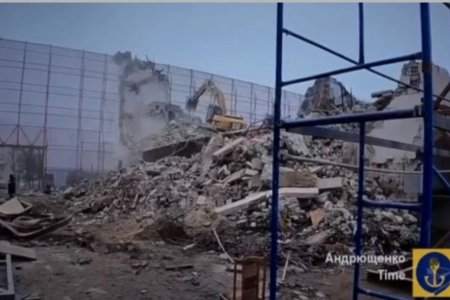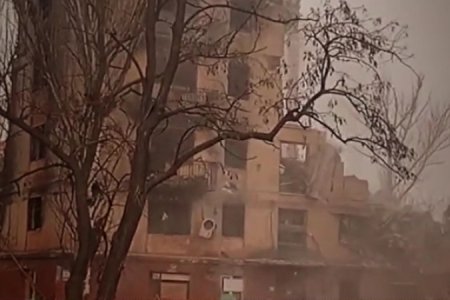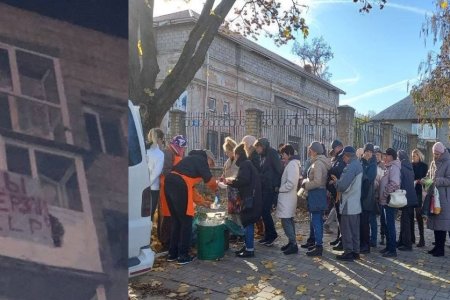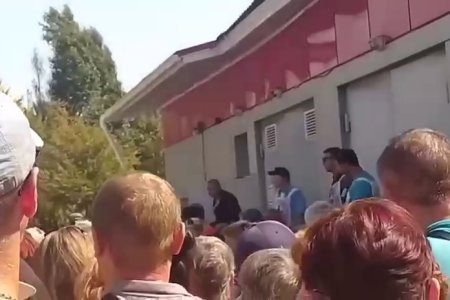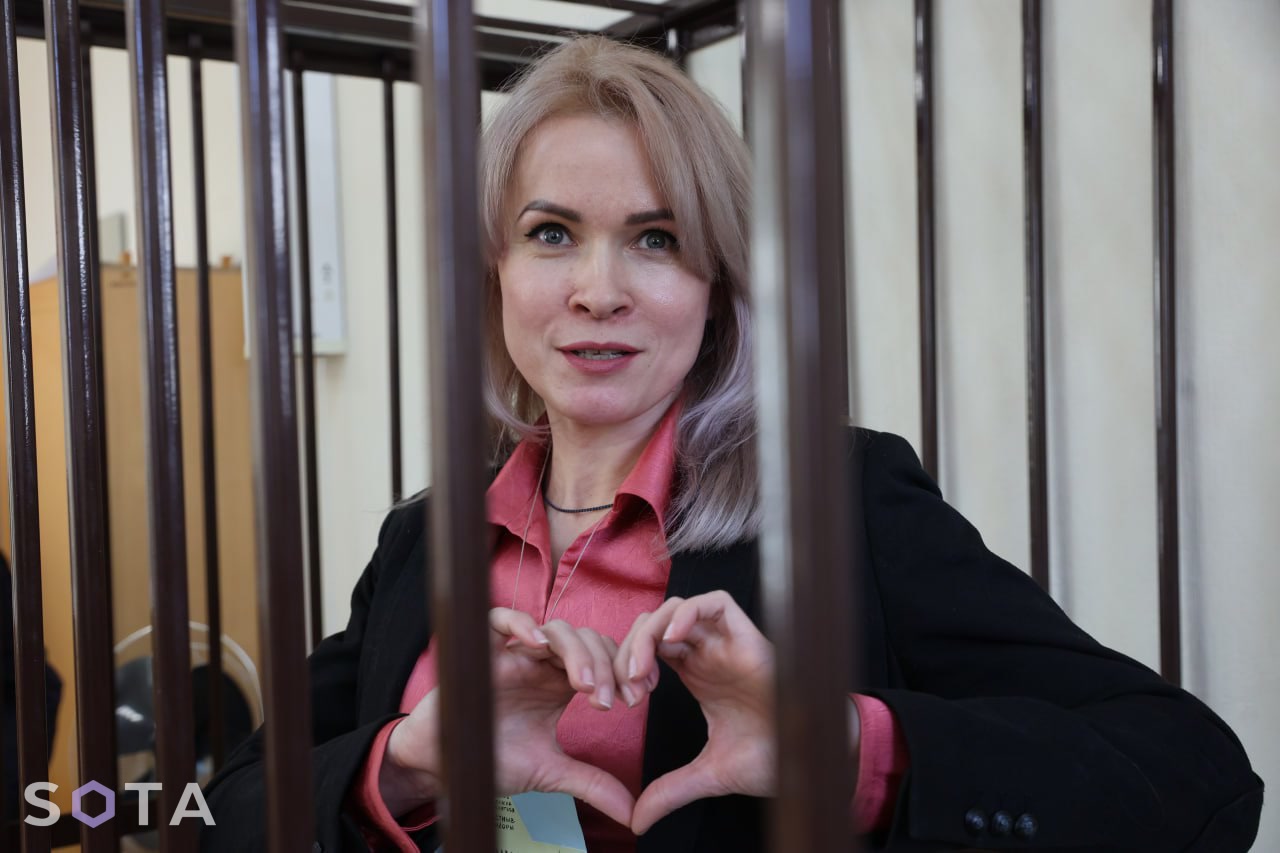
A court in Barnaul (Siberia) has sentenced journalist and human rights activist Maria Ponomarenko to six years’ imprisonment for a post on Telegram about Russia’s bombing of the Drama Theatre in Mariupol on 16 March 2022. It was falsely claimed that Ponomarenko had ‘spread fake news’ in her post about a savage attack that killed hundreds of civilians seeking shelter from Russian airstrikes. The bomb was dropped, despite huge signs around the building warning that children were inside, came just hours after the UN’s International Court of Justice had ordered Russia to cease all acts of aggression against Ukraine.
Maria Ponomarenko is a correspondent for RusNews, a Siberian website. She had already faced administrative prosecution for reporting on anti-war demonstrations under the draconian new penalties hastily introduced and passed into law on 4 March 2022, ten days after Russia began its full-scale invasion of Ukraine.
She was arrested on 23 April 2022 and charged under the new Article 207.3 § 2d of Russia’s criminal code, for supposedly “spreading false information on the basis of political, ideological, racial, national or religious enmity.” It was claimed that she had posted information about Russia’s bombing of the Mariupol Drama Theatre on the Telegram channel ‘No Censorship’. She was remanded in custody then, despite having two underage children. In November, she was released under full house arrest, but was returned to SIZO [pre-trial detention centre] in January after allegedly breaking the conditions of her house arrest. She had left the apartment due to conflict with her former husband whom she accused of physical violence.
Article 207.3 carries a sentence of up to 10 years and has already been used against other prominent figures, such as politicians Alexei Gorinov and Ilya Yashin, for telling the truth about Russia’s war against Ukraine. The fact that the bombing was essentially witnessed and condemned by the international community is of no relevance in such prosecutions. Russia’s defence ministry denies it, and therefore the prosecutors and courts will all obediently claim that the truth is ‘fake news’. The prosecutor had demanded a 9-year sentence. On 15 February, the Leninsky District Court in Barnaul, under ‘judge’ Irina Zavyalova, convicted Ponomarenko, sentencing her to six years and ordering a further 5-year ban on journalist activities. The sentence is not yet final, however there seem no grounds for expecting justice from any Russian court of appeal.
During her final address on 14 February, Ponomarenko made it clear that she was ready for a prison sentence and pointed out that in Russian prisons at present there are more decent people than in the ruling ‘United Russia’ party.
“If there is war, then call it a war, and then apply military censorship. On what grounds is military censorship being applied against me? What, has the Constitution ceased to be the Constitution?”
“Patriotism is love of ones country. This should not be expressed through encouragement of crimes.”
As mentioned, Russia’s fatal airstrike on 16 March came on the day that the UN’s International Court of Justice considered an application from Ukraine asserting that Russia is violating the Convention on the Prevention and Punishment of the Crime of Genocide. Its request for provisional measures was granted, with ICJ ordering that Russia ““shall immediately suspend the military operations that it commenced on 24 February.” Russia’s ‘response’ was to drop two massive bombs on the Donetsk Regional Drama of Theatre in the centre of Mariupol. This building was known to be serving as a bomb shelter for well over a thousand people, and the sign reading ‘CHILDREN’ at the front and back of the theatre was written in Russian.
The Mariupol city authorities speak of over 300 civilians killed in the bombing. Associated Press, whose Ukrainian photojournalists were present in Mariupol throughout March, suggested that the figure might be as high as 600. Amnesty International later concluded that “the Russian military likely deliberately targeted the theatre despite knowing hundreds of civilians were sheltering there on 16 March, making the attack a clear war crime.”
Russia’s FSB are known to be applying pressure on prisoners and Ukrainian civilians forcibly deported to Russia in order to get videos and / or ‘testimony’ blaming Ukrainian soldiers for Russia’s most egregious crimes, including the bombing of the Drama Theatre. It is also, quite literally, destroying the evidence, with most of the Drama Theatre and other civilian buildings which it bombed now demolished. And, finally, it is creating an alternative reality, in which convicted murderers are recruited to kill in Ukraine and then treated as ‘heroes’ and examples for school children, and journalists who wrote only the entirely verifiable truth are convicting of ‘circulating fake news’.
